ACCREC Research Trial on Mung Bean Plant in Northern Nigeria
African Climate Change Research Centre’s Research Trial on Mung Bean Plant in Northern Nigeria
By
Barr. Mustapha Ali Busuguma
Programme Officer, African Climate Change Research Centre(ACCREC),
Maiduguri Field Office,
Borno state, Nigeria.
When Dr. Kingsley Uzoma confronted African Climate Change Research Centre to assist in a trial research of a Mung Bean plant in Northern Nigeria, we are a bit skeptical because the plant is foreign and alien to our society. However, after days of persuasion and outlining of its importance and how it can economically catapult the people of the region, we accepted to partake in the research by growing a substantial seeds of the mung beans in our Maiduguri Field Office.
What is a Mung Beans?
Mung beans — a type of small, green legume in the same plant family as peas and lentils — is a high source of protein, fiber, antioxidants and phytonutrients. Although in most parts of the world they’re less popular than other bean varieties, like chickpeas or black beans, mung beans have some huge health benefits to offer!
While mung beans may be new to most people in the Africa, they’ve been a part of traditional Ayurvedic diets in India for thousands of years. Mung beans are considered “one of the most cherished foods” in the ancient Indian practice that’s been a traditional form of medicine since roughly 1,500 B.C.
Mung beans are a high source of nutrients including: manganese, potassium, magnesium, folate, copper, zinc and various B vitamins.
They are also a very filling food, high in protein, resistant starch and dietary fiber.
You can find mung beans in dried powder form, as whole uncooked beans, “split-peeled” form (just like you’d find split green peas), as bean noodles, and also as sprouted seeds (which are the kind you’d see used on sandwiches or salads).
Their dried seeds may be eaten raw, cooked (whole or split), fermented, or milled and ground into flour.
Because of their high nutrient density, mung beans are considered useful in defending against several chronic, age-related diseases, including heart disease, cancer, diabetes and obesity.
Our trial has yielded positive result as we have not exceeded the 100 days and already seeds produced are ready for harvest at 85th day and now in talks with Dr. Kingsley Uzoma on how ACCREC can come in to distribute and train farmers on the management of Mung Beans in northern Nigeria.
Appreciation goes to Dr. Kingsley Uzoma who painstakingly encouraged ACCREC and visited our farm to give us guidance and Ahmed Bukar, our farm Manager for the contstant supervision.
Abba Akhuy our Chief Security Officer and Malam Habibu our Chief Nursery Officer with his assistant Malam Bana. Thank you all.
Programme Office
African Climate Change Research Centre
Maiduguri Field Office
27th August, 2018
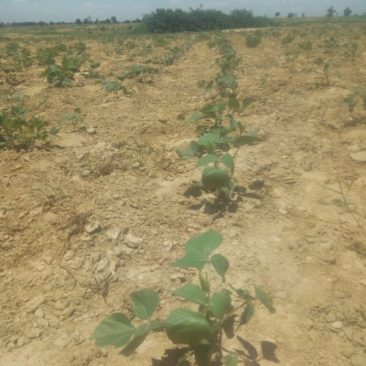
ACCREC Research Trial on Mung Bean Plant in Northern Nigeria
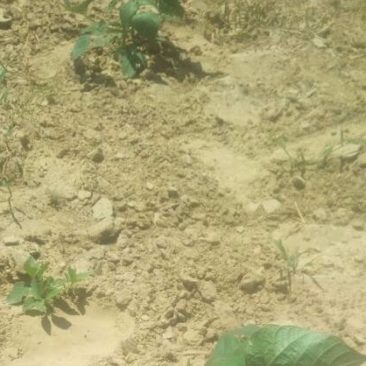
ACCREC Research Trial on Mung Bean Plant in Northern Nigeria
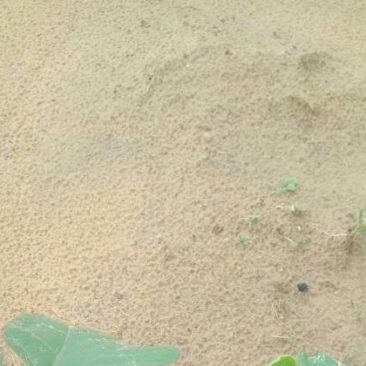
ACCREC Research Trial on Mung Bean Plant in Northern Nigeria
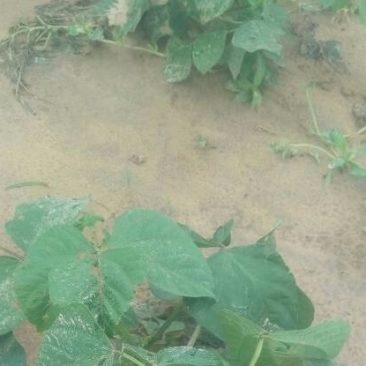
ACCREC Research Trial on Mung Bean Plant in Northern Nigeria
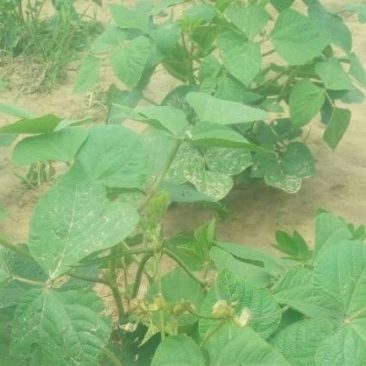
ACCREC Research Trial on Mung Bean Plant in Northern Nigeria
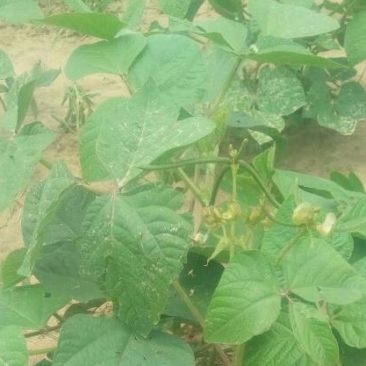
ACCREC Research Trial on Mung Bean Plant in Northern Nigeria
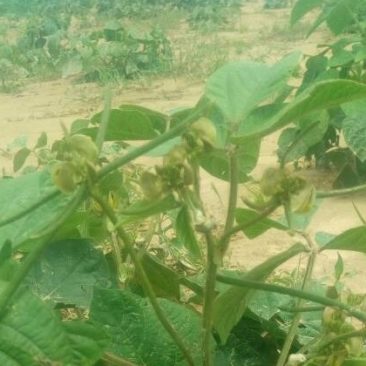
ACCREC Research Trial on Mung Bean Plant in Northern Nigeria
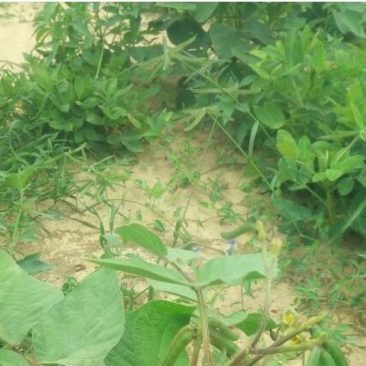
ACCREC Research Trial on Mung Bean Plant in Northern Nigeria
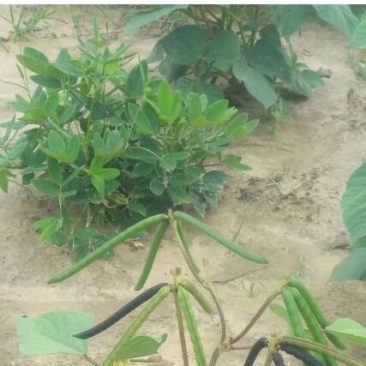
ACCREC Research Trial on Mung Bean Plant in Northern Nigeria
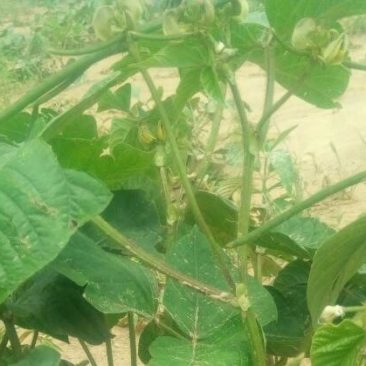
ACCREC Research Trial on Mung Bean Plant in Northern Nigeria
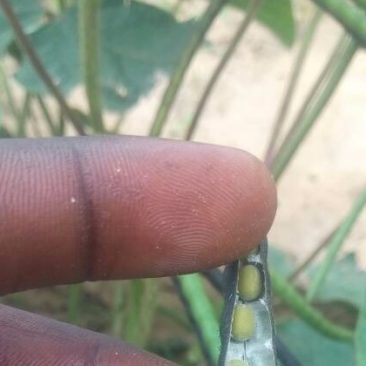
ACCREC Research Trial on Mung Bean Plant in Northern Nigeria